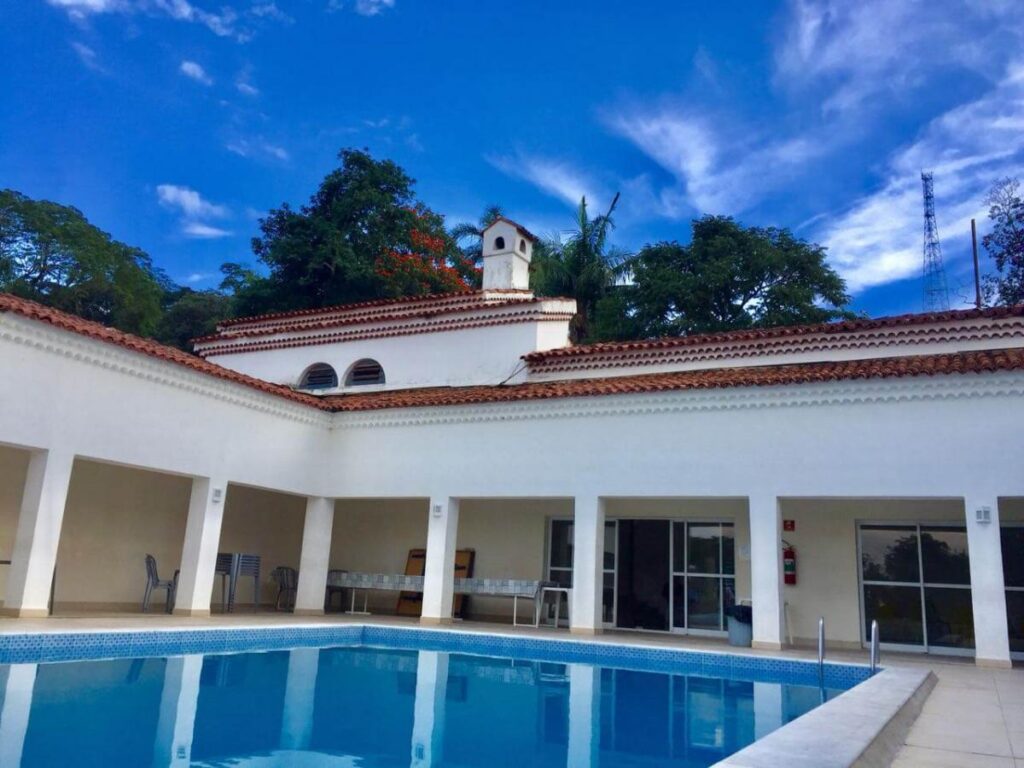-
Índice Liberdade e Vida Clínica de Recuperação

The Importance of Compulsory Internment for Addiction Recovery in Hortolândia, SP
The issue of addiction is a pressing concern in society today, affecting individuals and communities alike. In the city of Hortolândia, São Paulo, the problem of addiction has become particularly prevalent, leading to a need for effective solutions. One such solution that has gained attention is compulsory internment for addiction recovery.
Compulsory internment refers to the involuntary placement of individuals with addiction issues into treatment facilities. This approach is often seen as controversial, as it involves restricting an individual’s freedom. However, in the case of addiction, where the individual’s life and well-being are at stake, it becomes crucial to prioritize their recovery over their freedom.
The importance of compulsory internment for addiction recovery in Hortolândia cannot be overstated. Addiction is a complex and chronic disease that requires intensive and specialized treatment. Many individuals struggling with addiction are unable to recognize the severity of their condition or seek help voluntarily. In such cases, compulsory internment becomes a necessary intervention to ensure their well-being.
By removing individuals from their familiar environments and placing them in a controlled and supportive setting, compulsory internment provides a structured and focused approach to addiction recovery. In Hortolândia, the Clinica de Recuperação Hortolândia offers such a setting, where individuals can receive the necessary treatment and support to overcome their addiction.
Compulsory internment also addresses the issue of relapse, which is a common challenge in addiction recovery. By providing a controlled environment, individuals are less likely to have access to substances and triggers that may lead to relapse. This controlled environment also allows for constant monitoring and support from trained professionals, ensuring that individuals receive the necessary care throughout their recovery journey.
Furthermore, compulsory internment provides individuals with the opportunity to develop essential life skills and coping mechanisms. Addiction often leaves individuals emotionally and socially impaired, making it difficult for them to reintegrate into society. Through therapy, counseling,
Embracing Freedom and Life: Overcoming Challenges at the Hortolândia Recovery Clinic
Embracing Freedom and Life: Overcoming Challenges at the Hortolândia Recovery Clinic
The decision to seek help for addiction is a courageous one. It takes strength and determination to acknowledge that there is a problem and to take the necessary steps towards recovery. For those in Hortolândia, São Paulo, the Hortolândia Recovery Clinic offers a lifeline to individuals struggling with addiction. With its commitment to providing compassionate care and evidence-based treatment, the clinic has become a beacon of hope for those seeking to reclaim their lives.
One of the treatment options offered at the Hortolândia Recovery Clinic is compulsory hospitalization. This approach, also known as internação compulsória, is a legal measure that allows individuals to be admitted to a treatment facility against their will. While this may seem controversial, it is important to understand that internação compulsória is only used as a last resort when all other options have been exhausted.
The primary goal of compulsory hospitalization is to protect the individual and society from the harmful consequences of addiction. By removing the person from their environment and providing them with a structured and supportive setting, the clinic aims to break the cycle of addiction and help the individual regain control over their life. It is important to note that internação compulsória is not a punishment, but rather a means to ensure the individual’s well-being and safety.
At the Hortolândia Recovery Clinic, the focus is not only on treating the physical aspects of addiction but also on addressing the underlying psychological and emotional issues that contribute to substance abuse. The clinic employs a multidisciplinary team of professionals, including doctors, psychologists, and therapists, who work together to develop personalized treatment plans for each patient. This holistic approach ensures that all aspects of the individual’s well-being are taken into consideration, promoting long-term recovery and a healthier, more fulfilling life.
During their stay at the clinic, patients have









